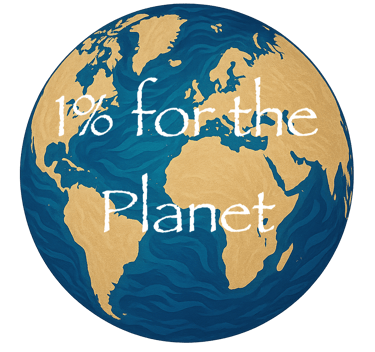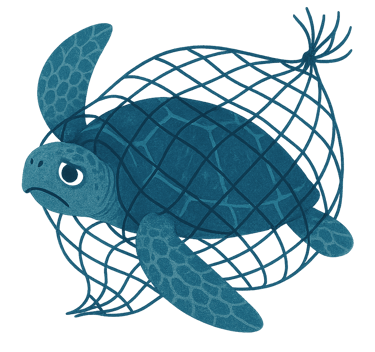
Why talk about sustainability?🌱
🌊 CO₂: The invisible pollutant that changes the sea.
Oceans absorb about a third of the CO₂ emitted into the atmosphere.
It seems like a good thing, but it’s not.
When carbon dioxide dissolves in water, it increases the acidity of the sea, threatening corals, shells, fish, and the entire marine ecosystem.
The effects are not immediately visible, but they are felt everywhere: less biodiversity, less sustainable fishing, and more imbalances for those who depend on the sea.
♻️ Plastic: A problem that no longer floats!
The current system based on plastic is no longer sustainable.
Increasingly complex products, mixed materials, and poor recyclability lead to an absurd result: only 21% of plastics are truly recyclable!
Plastic pollutes the sea, harms wildlife, and ends up in our food and water.
It can carry toxins, bacteria, and even viruses.
In short, it's not just an environmental issue; it's a problem for all of us.
Even the most isolated and remote beaches are now overwhelmed by an incalculable amount of plastic! The entire ecosystem is contaminated—beaches, seabeds, fish trapped in plastic lines, and turtles in fishing nets.
Hacqua2_O can't just stand by and takes concrete and immediate action!
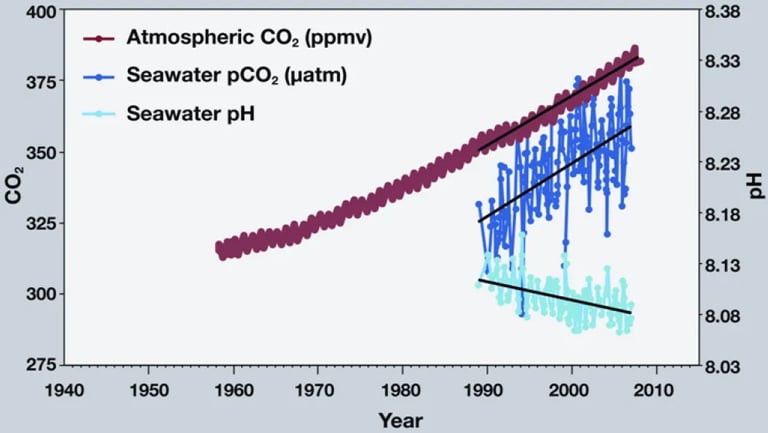

Relationship between the increase of CO2 in the atmosphere and in the sea with the increase in ocean acidity. Origin
We can't afford any more hesitation!
Want a scientific comparison?
Write to us.
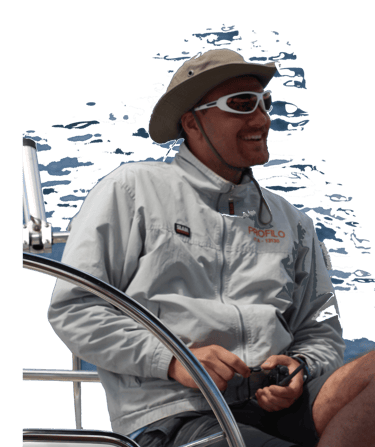

🏝️ Does the plastic island in the Pacific really exist?
Yes, and it's much larger than you might think!
This vast accumulation of floating garbage is located between the 135° and 155° West meridian and between the 35° and 42° North parallel. It is the result of human-caused marine pollution and the surface currents of the Pacific, which move in a clockwise direction, collecting all the waste thrown into the sea into a massive spiral.
But if you imagine a solid island you could walk on, the reality is quite different: more than 90% of it consists of tiny fragments, the so-called microplastics!
Would you like to learn more? Click Here
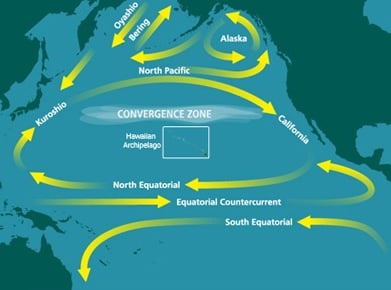

In line with the United Nations Sustainable Development Goals (SDGs), Hacqua2_O promotes sustainable tourism, adopts responsible practices to protect the planet, and supports the empowerment of local communities.
For this reason, our choices are driven by a concrete commitment: we select partners who share our values, prioritize low-impact vessels, encourage responsible sailing practices, and inspire conscious behavior among our guests.
🌱 Sustainability Goals 🌱
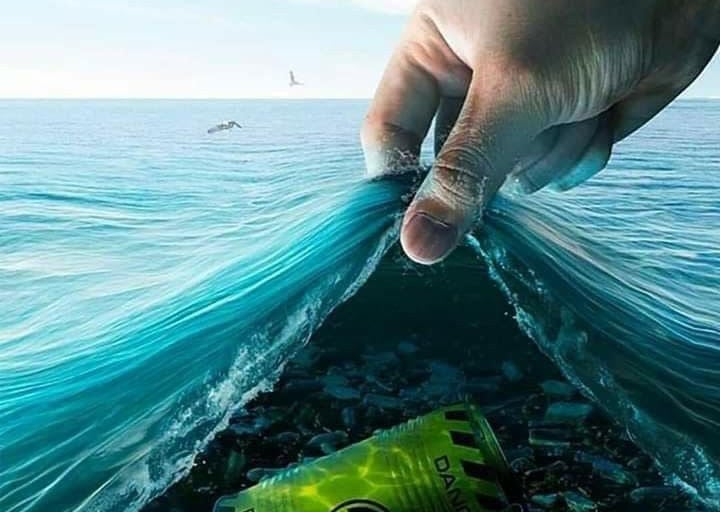

SDG Goals
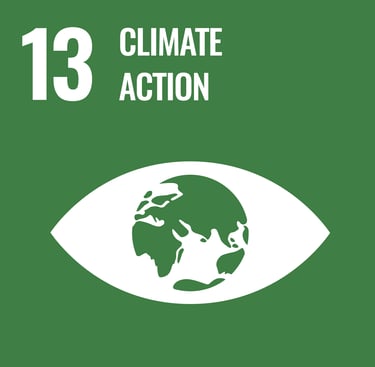

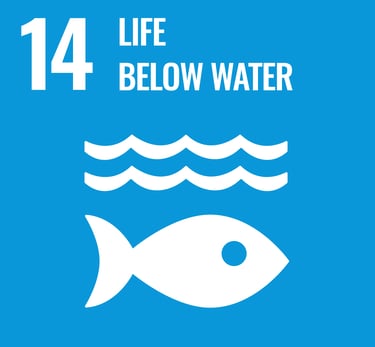

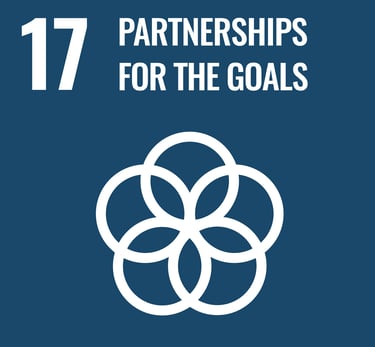

We promote sustainable tourism, optimized itineraries, and low-impact vessels: every journey is designed to reduce emissions and protect the climate.
We respect the marine environment by promoting responsible sailing and collaborating with organizations committed to protecting ecosystems.
We build value networks with partners who share our sustainable vision, from certified marinas to local communities.
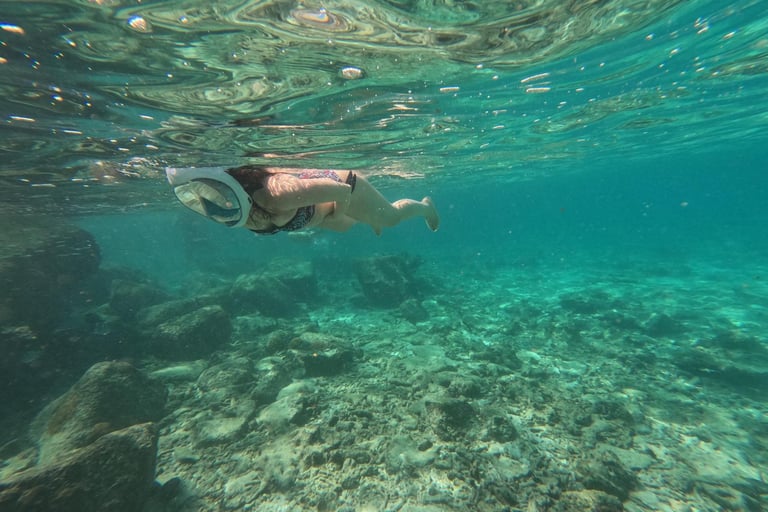

Coral reef - Seychelles 03/2024
The sea cries out for concrete action Hacqua2_O answers.
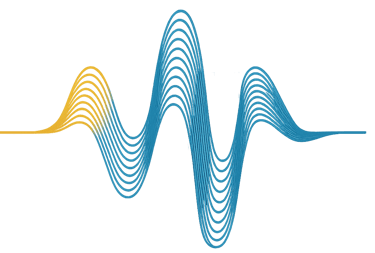

Why do we do it?
We believe in a healthy ecosystem, we love the sea and nature!
We are committed to making sure every journey leaves a lighter footprint.
We want to be agents of change!
Come aboard with Hacqua2_O, leave a positive impact on the planet, and discover how a sea experience can be an act of love for the Earth!
For every adventure you take with Hacqua2_O, we’ll gift you a tree that helps support the health of the ocean!
This way, you too can actively contribute to the reforestation of one of the world’s most precious and endangered ecosystems.
It’s our way of giving back to the Earth a part of what it gives us.
But that’s not all...
We want to go all in!
We're committed to donating 1% of our revenue to Live Ocean Foundation
Hacqua2_O' s commitments🌱
Be the agent of change!







